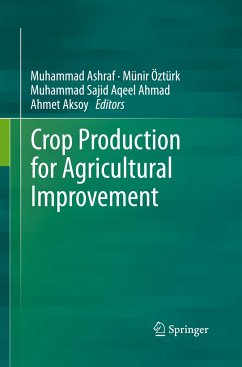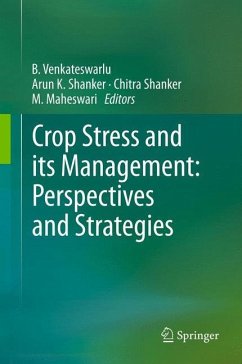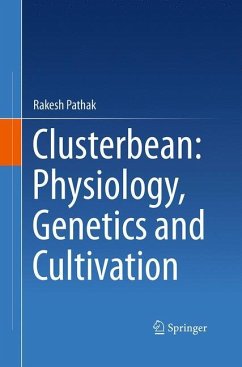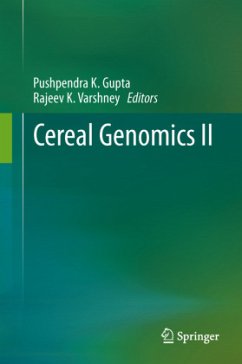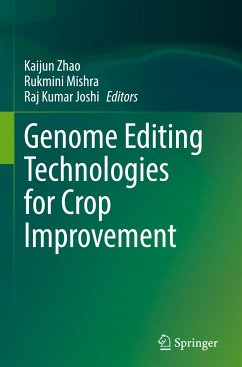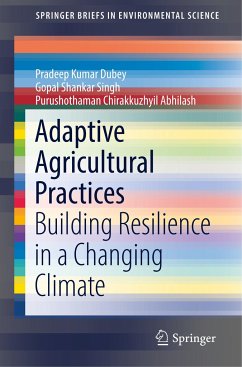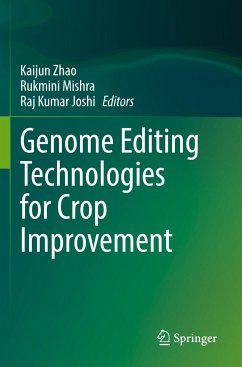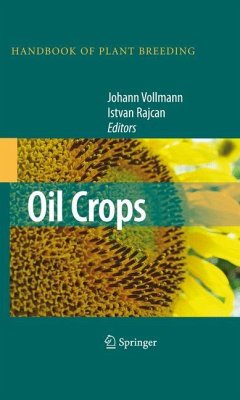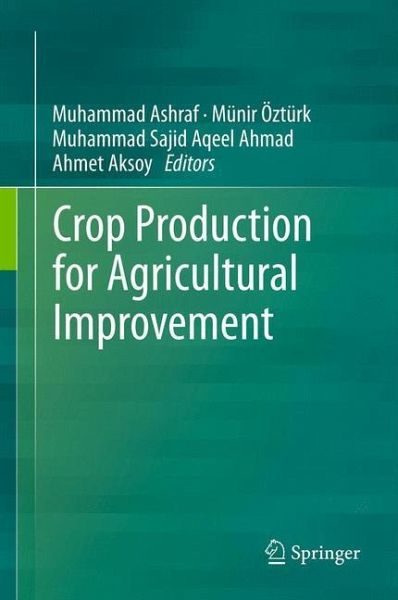
Crop Production for Agricultural Improvement

PAYBACK Punkte
76 °P sammeln!
In the recent years, the looming food scarcity problem has highlighted plant sciences as an emerging discipline committed to devise new strategies for enhanced crop productivity. The major factors causing food scarcity are biotic and abiotic stresses such as plant pathogens, salinity, drought, flooding, nutrient deficiency or toxicity which substantially limit crop productivity world-wide. In this scenario, strategies should be adopted to achieve maximum productivity and economic crop returns. In this book we have mainly focused on physiological, biochemical, molecular and genetic bases of cro...
In the recent years, the looming food scarcity problem has highlighted plant sciences as an emerging discipline committed to devise new strategies for enhanced crop productivity. The major factors causing food scarcity are biotic and abiotic stresses such as plant pathogens, salinity, drought, flooding, nutrient deficiency or toxicity which substantially limit crop productivity world-wide. In this scenario, strategies should be adopted to achieve maximum productivity and economic crop returns. In this book we have mainly focused on physiological, biochemical, molecular and genetic bases of crop development and related approaches that can be used for crop improvement under environmental adversaries. In addition, the adverse effects of different biotic (diseases, pathogens etc.) and abiotic (salinity, drought, high temperatures, metals etc) stresses on crop development and the potential strategies to enhance crop productivity under stressful environments are also discussed.





